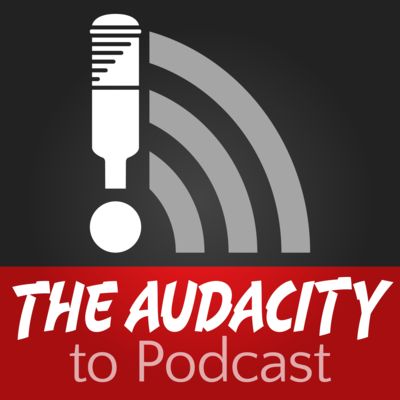I believe podcasting is the BEST way for YOU to share a message to change the world! I give you the guts and teach you the tools to launch and improve your own podcast for passion and P.R.O.F.I.T. (popularity, relationships, opportunities, fun, income, or tangibles)! Through each episode, I strive to help you communicate better, fully leverage audio and video gear, use podcasting tools for higher quality and efficiency, become an engaging interviewer, improve your podcast website, grow your podcast, and more! My goal is to help you and your audience get P.R.O.F.I.T. from your podcast: popularity, relationships, opportunities, fun, income, or tangibles. From each episode, you'll get inspiration, learn easy-to-follow steps, and discover resources to help you podcast better. Please join me, Daniel J. Lewis, and I will give you THE AUDACITY to podcast! (audacitytestdescriptionkeyword)
https://theaudacitytopodcast.com/
episode 291: Podcast SEO for iTunes/Apple Podcasts, Google Play Music, and More
There are a lot of myths and misconceptions about podcast SEO. I have this information in my SEO for Podcasters course, and I want you to have these core understanding for what SEO stuff actually does and doesn't matter in podcasting.
Das ist zumindest schöner Diskussionsstoff
curated by eazy in Podcasting | November 22, 2016
